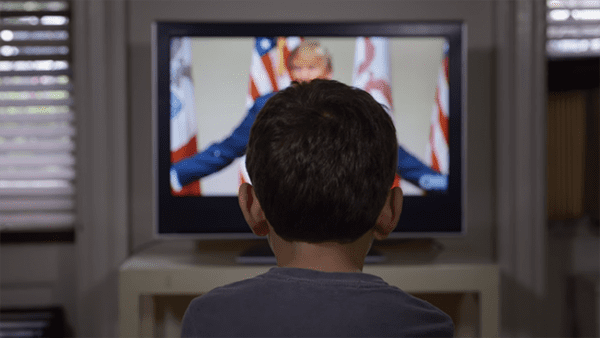Advertisers know how to tap into our deepest anxieties. For better or worse, they know how to manipulate us.

One of the projects I was proud to work on this summer was a collaborative piece written under the auspices of the Ernest Becker Foundation–and now posted on the EBF website.
The piece is called “Voter Manipulation: Death Anxiety in Political Messaging.” (click through to read and to view a talk on death anxiety and political leadership by Sheldon Solomon, leading Terror Management Theory researcher–TMT is an extension of Becker’s theories into empirical psychology).
In that essay, we describe Becker’s main theories and their application to political manipulation, especially via campaign ads.
It provides a kind of interpretive lens you can utilize to understand what campaigns–and their marketers–are intuitively going after when they put an advertisement in front of you.
Here’s a key paragraph from our piece:
Death Anxiety in Political Messages
At their best, the institutions and activities of culture offer avenues for creating a better world. However, our motives for participating in them are invariably influenced by our mostly unconscious fear of death. Because of this, we are vulnerable to negative consequences of death anxiety; we are prone to irrational exaggeration and overreaction and we often entrench ourselves defensively and aggressively against those we perceive as opponents or threats. The world of politics is no exception. Political ads often speak to our inner longing for meaning. They tap into our quest to make a difference, if only by throwing our support behind the right leader who promises us heroic triumph over insignificance by heroism by strengthening us financially, politically or militarily, and by promoting our culture, values or religion. Conversely, political ads warn that the wrong leader might threaten our well-being and put at risk all we believe in and stand for. To protect ourselves from impending disaster, we’re urged to resist, to fight back against such leaders, their policies and even their followers
Persuasion, or its stronger form, manipulation can be benign or malicious, and we may or may not agree with the message of an ad or with its end goal. But the bottom line is, we can’t resist what we don’t understand.











